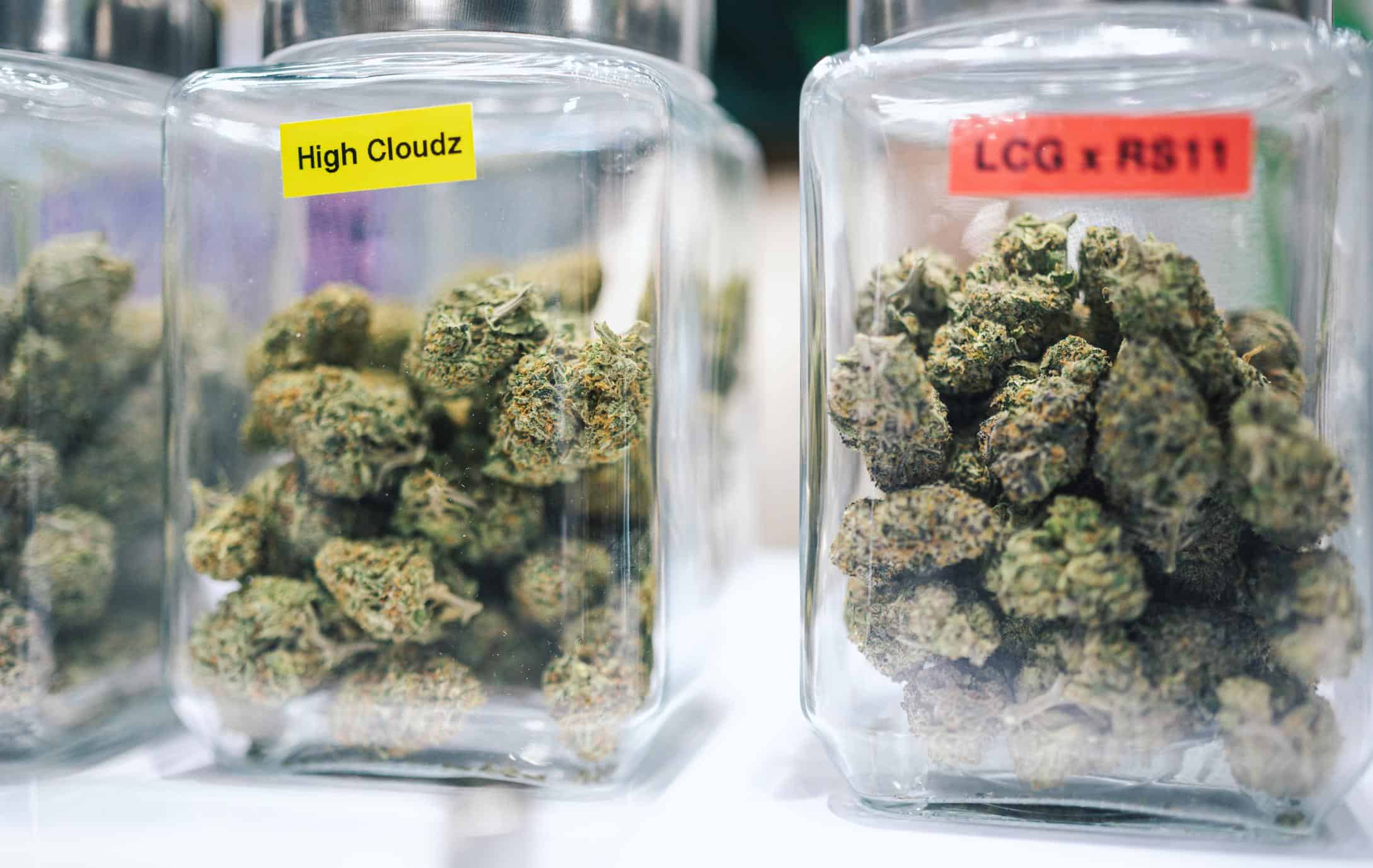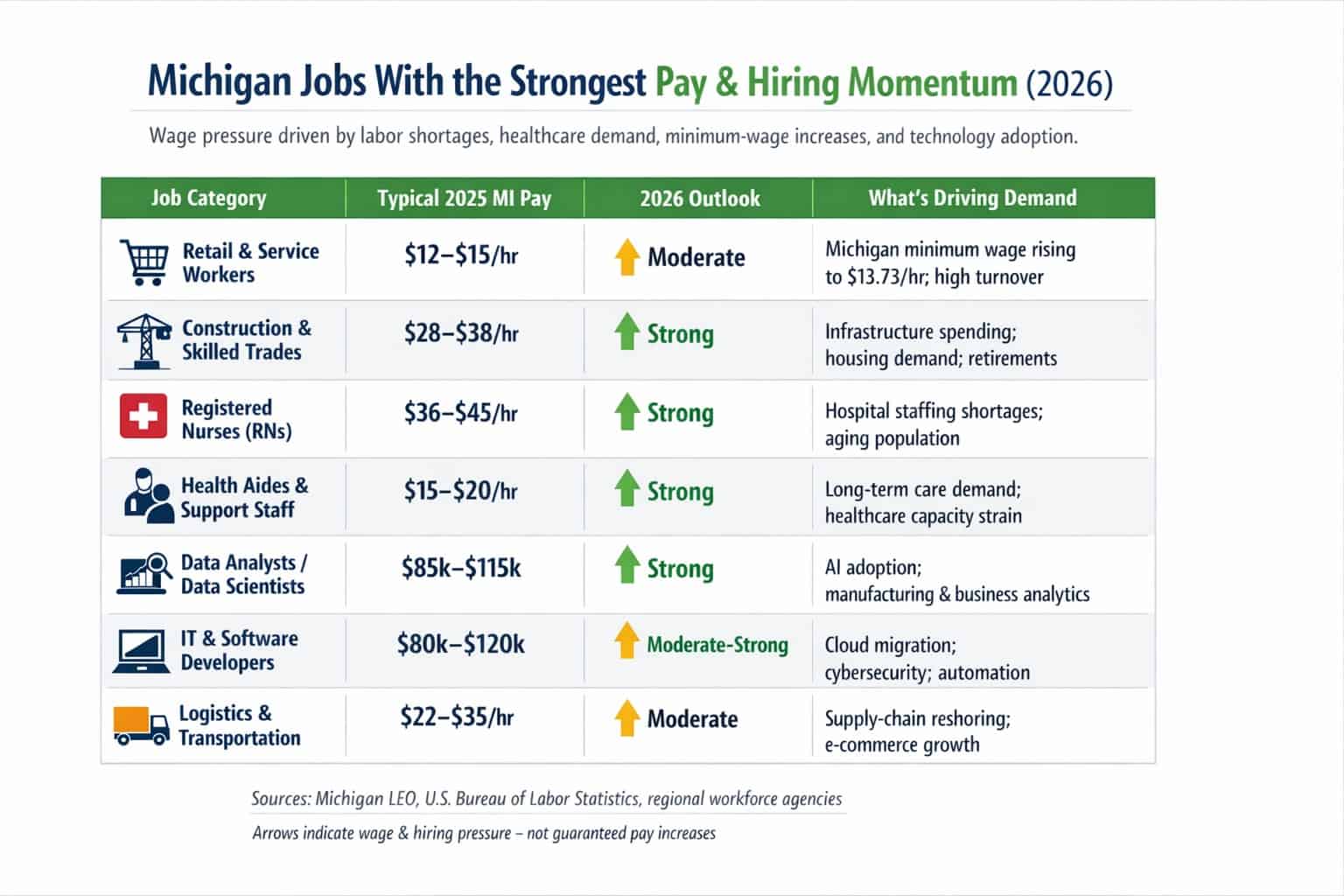DETROIT – After a viral video on TikTok and a press conference with Robert F. Kennedy Jr., during which federal officials said they plan to crack down on 7-OH, kratom is in the spotlight and that could mean changes for Michigan.
Products containing the plant ingredient kratom are sold across Michigan at gas stations, liquor stores and smoke shops. It comes in drinks, capsules and powders — often with bright, colorful packaging, the Detroit Free Press reports.

But kratom isn’t a run-of-the mill caffeine drink. Medical experts say it can be highly addictive, producing effects similar to those of opioids and opiates, according to USA TODAY.
During a July 29 press conference, Food and Drug Administration commissioner Martin Makary announced the organization’s intention to crack down on products containing 7-OH, which is derived from kratom; however, Makary also made clear during that press conference that the organization’s focus is on 7-OH, not kratom overall.
Makary spoke alongside Health and Human Services Secretary Kennedy while announcing the plan to initiate the process to have 7-OH scheduled as an illicit substance. That will happen if the Drug Enforcement Administration approves the FDA’s sanction after review.
Kratom is the name for the entire plant, while 7-OH, which stands for 7-Hydroxymitragynine, is a chemical byproduct. Some products are made with the entire kratom plant, while others are formulated specifically with high concentrations of 7-OH. Products marketed with 7-OH tend to be stronger.
In Michigan there is currently no statewide regulation of 7-OH or kratom. Here’s what to know about the ingredient.
What is kratom?
Kratom is a plant ingredient that comes from Southeast Asia. It’s often marketed as an herbal supplement that promotes relaxation and boosts energy.
Dr. Timothy Fong, a UCLA addiction psychiatrist, says the ability of companies to put large amounts of kratom into otherwise innocuous-looking products has made it more susceptible to abuse.
“At its core, this is a plant that’s been around thousands of years,” Fong says. “It has been used in Southeast Asia, chewing on the leaf as a stimulant, as a way of pain relief. And now, through vast modern technology, we’ve created the ability to have, what I call, fast-food kratom, if you will. Different formulations. Capsules. Powders. Teas. Gummies. Smokable versions. All sorts of different things.”
Read more at the Detroit Free Press






